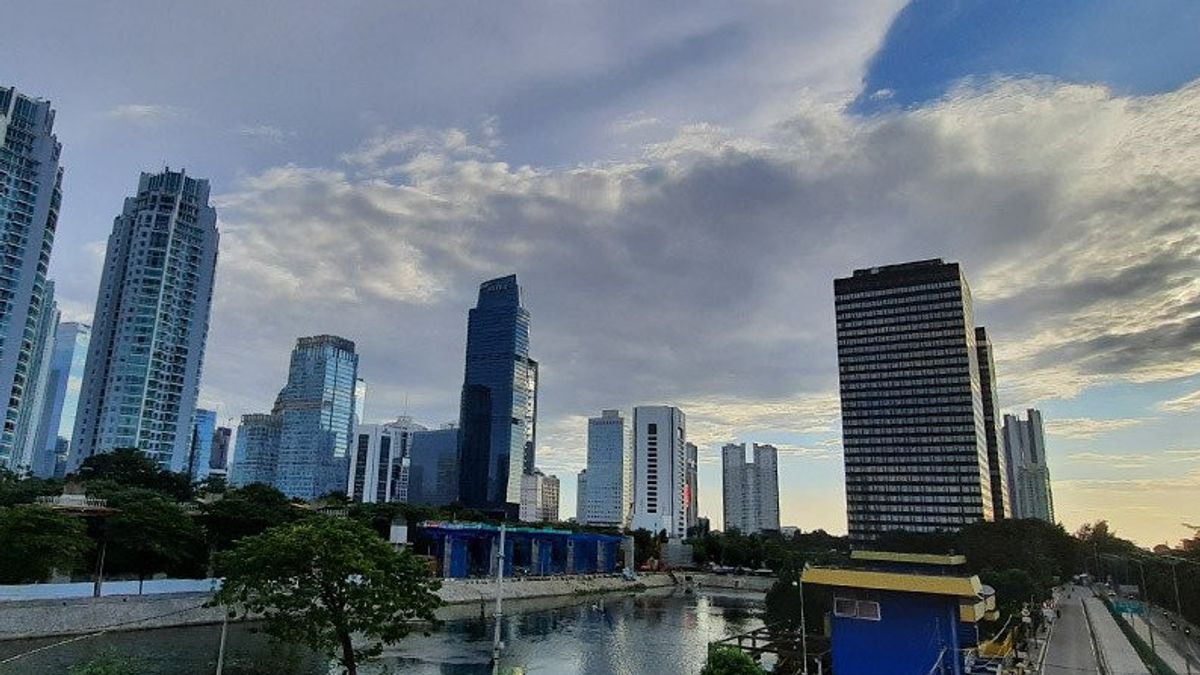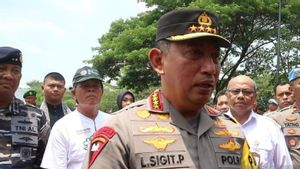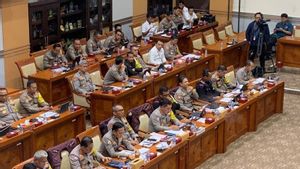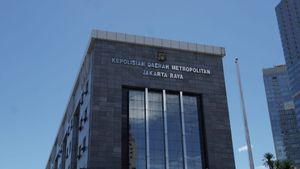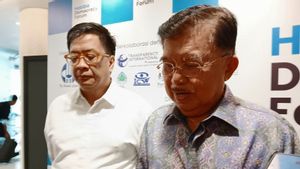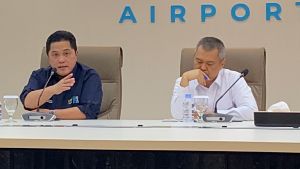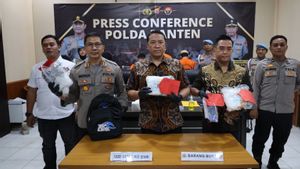JAKARTA - Head of the Meteorology, Climatology and Geophysics Agency Dwikorita Karnawati said that the surface air temperature in Indonesia is projected to continue to rise by 1.3 degrees Celsius as a result of climate change and greenhouse gas emissions.
"The increase in temperature is projected to increase in almost all parts of Indonesia in the 2020-2049 period, reaching 1.3 degrees Celsius compared to the average annual temperature for the previous period during 1976-2005 as its baseline," Dwikorita said as quoted by ANTARA, Wednesday, November 15.
Dwikorita reminded the importance of mitigating to reduce the rate of temperature rise in Indonesia for a better life for future generations.
"The maximum temperature projection is almost all major islands in Indonesia until the end of the 20th century (in 2100), the increase could reach 3.5 degrees Celsius if we continue to run business as usual without mitigating the rate of temperature rise. However, if there is mitigation, it is projected that the temperature increase will not exceed 1.5 degrees Celsius," he explained.
BMKG has been trying to overcome the increase in air temperature through climate policy and the role of community climate literacy to support global adaptation and mitigation.
"BMKG is not limited to data providers, but also performs analysis and projection, and has information, knowledge, and wisdom related to climate change in Indonesia and surrounding areas that can be used for national development planning," he said.
This information and knowledge, he continued, is expected to support climate change adaptation and mitigation actions by various related sectors, which of course also involve BMKG.
According to Law number 31 of 2009, the task of BMKG is to provide information and early warnings regarding weather, climate, high waves, and tsunamis.
VOIR éGALEMENT:
Unfortunately, according to Dwikorita, currently there are still limits or gaps between technology that are increasingly sophisticated, with people who have not been able to understand the technology well.
"The strategy is how to make sophisticated technology easy for the public to understand. Therefore, we are developing social engineering to ensure the effectiveness of the information distributed can have an impact on the community, so that people can do early responses to the early warnings given by the BMKG," he said.
He also emphasized the importance of cooperation between BMKG and various parties, including local governments, research institutions, and various existing groups.
"We carry out this collaboration and collaboration through climate literacy involving generation Z and millennials across groups, as well as through climate fields for farmers and fishermen, as well as various related parties," he said.
The English, Chinese, Japanese, Arabic, and French versions are automatically generated by the AI. So there may still be inaccuracies in translating, please always see Indonesian as our main language. (system supported by DigitalSiber.id)
